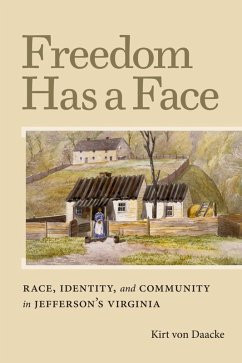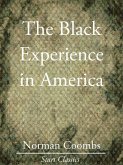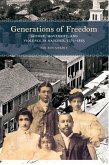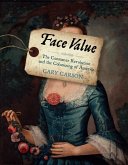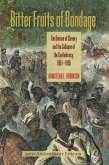In his examination of a wide array of court papers from Albemarle County, a rural Virginia slaveholding community, Kirt von Daacke argues against the commonly held belief that southern whites saw free blacks only as a menace. Von Daacke reveals instead a more easygoing interracial social order in Albemarle County that existed for more than two generations after the Revolution-stretching to the mid-nineteenth century and beyond-despite fears engendered by Gabriel's Rebellion and the Haitian Revolution.
Freedom Has a Face tells the stories of free blacks who worked hard to carve out comfortable spaces for existence. They were denied full freedom, but they were neither slaves without masters nor anomalies in a society that had room only for black slaves and free white citizens. A typical rural Piedmont county, Albemarle was not a racial utopia. Rather, it was a tight-knit community in which face-to-face interactions determined social status and reputation. A steep social hierarchy allowed substantial inequalities to persist, but it was nonetheless an intimately interracial society. Free African Americans who maintained personal connections with white neighbors and who participated openly in local society were perceived as far more than stereotypical dangerous blacks.
Based on his work building a cross-referenced database containing individual records for nearly five thousand documents, von Daacke reveals a detailed picture of daily life in Albemarle County. With this reinsertion of individual free blacks into the neighborhood, community, and county, he exposes a different, more complicated image of the lives of free people of color.
Dieser Download kann aus rechtlichen Gründen nur mit Rechnungsadresse in A, D ausgeliefert werden.

